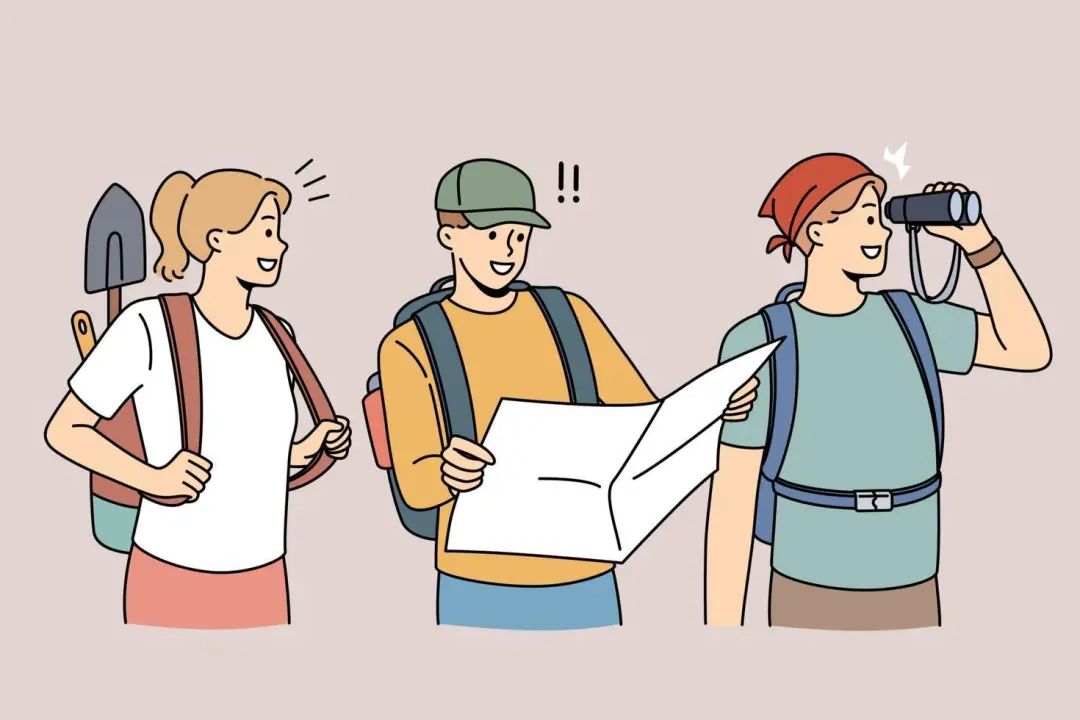Title: The Paradox of Choice: Navigating the INTP's Dilemma of Decision-Making
Introduction:
The Myers-Briggs Type Indicator (MBTI) categorizes individuals into 16 distinct personality types, each with its own unique set of traits and tendencies. Among these, the INTP (Introverted, Intuitive, Thinking, Perceiving) type is often celebrated for its intellectual prowess and innovative thinking. However, beneath this analytical brilliance lies a lesser-known affliction: the INTP's struggle with decision-making, commonly referred to as "choice paralysis" or "decision fatigue." This article delves into the psychological underpinnings of INTPs' decision-making challenges and offers insights into how they can navigate this cognitive conundrum.
The INTP Mind: A Double-Edged Sword:
INTPs are characterized by their love for theoretical constructs and their ability to see patterns and possibilities where others might not. This intuitive foresight is a double-edged sword. On one side, it fuels their creativity and problem-solving skills, allowing them to envision multiple solutions to a single problem. On the other side, it can lead to an overwhelming abundance of options, each with its own set of pros and cons, making the decision-making process a daunting task.
The Cognitive Rigor of INTPs:
INTPs are thinkers who value logic and consistency. They are driven by a desire to understand the underlying principles of the world around them. This quest for knowledge and truth can lead to an exhaustive analysis of every conceivable angle of a decision. The INTP's mind becomes a battleground of competing ideas, each meticulously scrutinized for its validity and merit. This cognitive rigor is both a strength and a weakness, as it can result in a paralysis of action, where the fear of making the wrong choice prevents any choice at all.
The Role of Perception in Decision-Making:
As perceivers, INTPs prefer to keep their options open and are naturally adaptable. This trait, while beneficial in many situations, can exacerbate their decision-making difficulties. The INTP's inclination to postpone decisions until the last possible moment can stem from a genuine belief that more information might become available or that a better option might emerge. This tendency to procrastinate can lead to missed opportunities and increased stress.
Strategies for INTPs to Overcome Decision Paralysis:
1. **Set Boundaries and Deadlines**: Establishing clear parameters and deadlines can help INTPs focus their analytical energy and prevent endless deliberation.
2. **Prioritize Decisions**: Not all decisions are of equal importance. INTPs can benefit from distinguishing between minor choices that can be left to intuition and major decisions that require a more thorough analysis.
3. **Embrace Imperfection**: Accepting that no decision is perfect and that some level of risk is inherent in every choice can alleviate the pressure to find the "perfect" solution.
4. **Seek External Perspectives**: Consulting with others, especially those with complementary personality types, can provide fresh insights and help break through analytical impasses.
5. **Practice Mindfulness**: Mindfulness techniques can help INTPs stay present and avoid getting lost in hypothetical scenarios, thus reducing anxiety and improving decision-making.
Conclusion:
The INTP's journey through the labyrinth of decision-making is a testament to the complexity of the human mind. By understanding the psychological dynamics at play and employing practical strategies, INTPs can harness their intellectual gifts without succumbing to the paralysis of choice. The key lies in balancing their analytical prowess with a willingness to act, recognizing that the pursuit of wisdom is not just about understanding the world, but also about engaging with it.

微信公众账号
微信扫一扫加关注
评论 返回
顶部





发表评论 取消回复